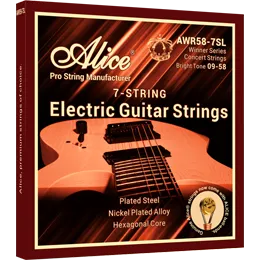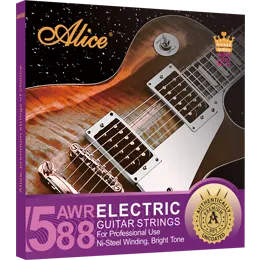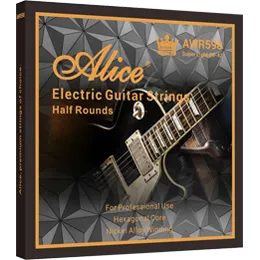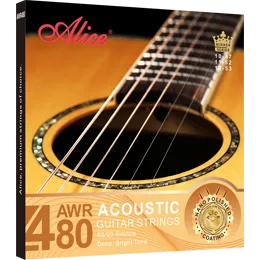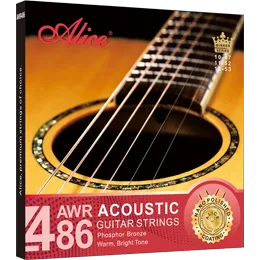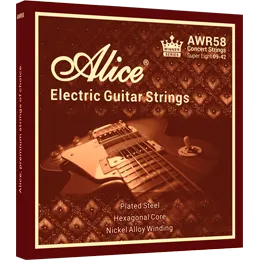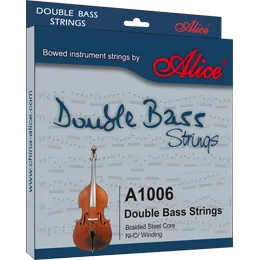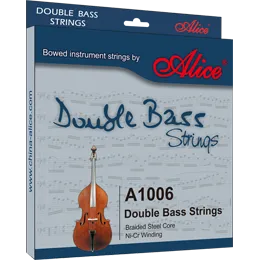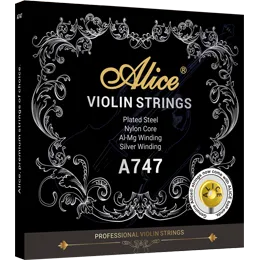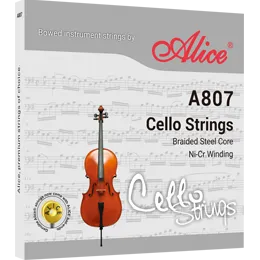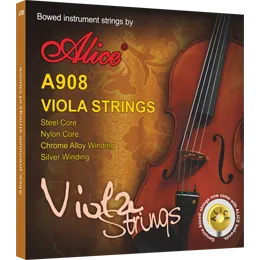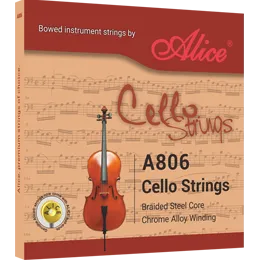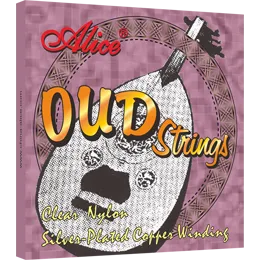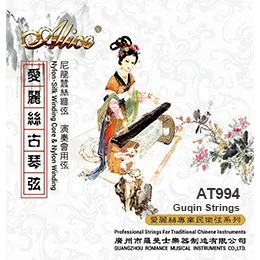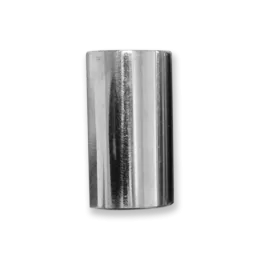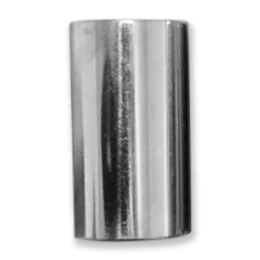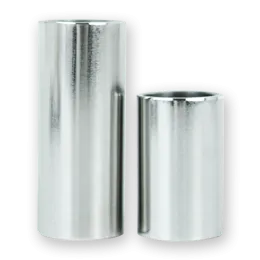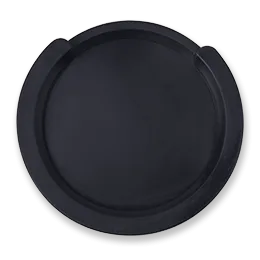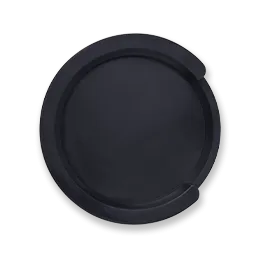Wholesale Guitar String Purchasing: A Practical Guide for Retailers and Distributors
In the musical accessories industry, guitar strings remain one of the most frequently sold and restocked items. Whether you run a music store, manage an e-commerce platform, or distribute to local schools and bands, purchasing guitar strings in bulk requires more than just choosing the lowest price. Factors such as quality consistency, brand reputation, compatibility with local markets, logistics, and supplier reliability play a major role in determining whether your investment will deliver long-term value.
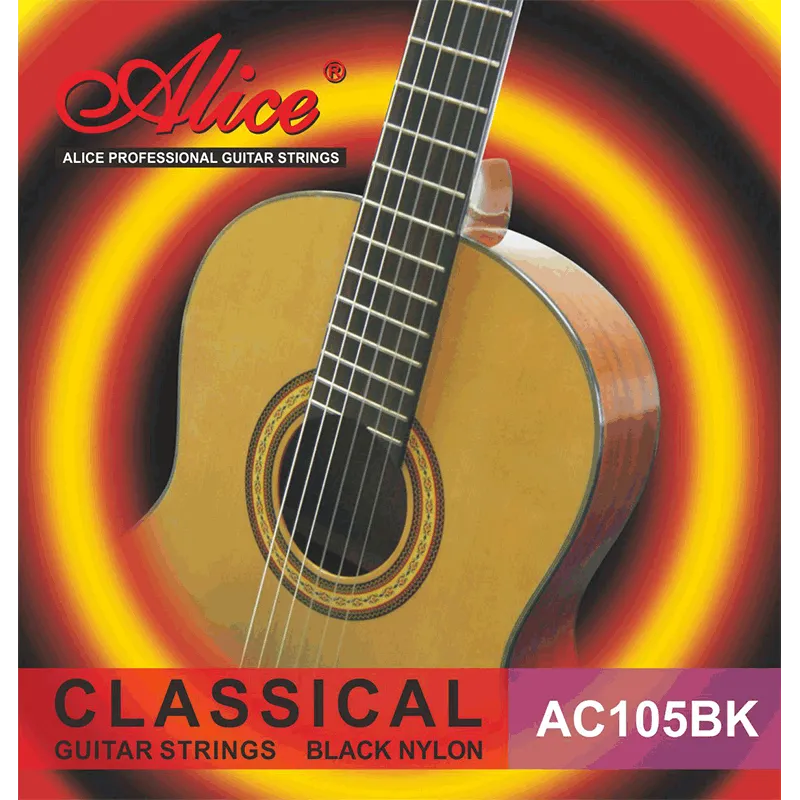
1. Understand Your Target Market’s Preferences
Before placing a bulk order, it’s essential to understand who your end customers are. Different demographics have distinct preferences based on playing styles, experience levels, and genres.
Beginners usually prefer light-gauge strings that are easier on the fingers and more forgiving.
Professionals tend to be more particular, often requesting specific materials (e.g., phosphor bronze, nickel-plated steel) or brands they trust.
Classical guitar players require nylon strings, while metal or rock guitarists lean toward heavy-gauge electric sets.
If your business operates in a specific region, be sure to research local trends. For instance, coated strings may be more popular in humid climates due to their longer lifespan, whereas uncoated strings may be preferred in drier regions for their raw tone.
2. Choose the Right Mix of Products
A well-balanced inventory will cater to a range of customers. Consider offering:
Electric guitar strings in various gauges (.009–.042, .010–.046, etc.)
Acoustic guitar strings such as 80/20 bronze and phosphor bronze
Classical guitar strings in normal and high tension
Specialty strings like flatwound, coated, or colored strings
Bulk single strings for replacements and customization
Offering variety ensures that your shop can serve hobbyists, professionals, and educators alike. Also, make sure to stock accessories like string winders and cleaners to increase upselling opportunities.
3. Evaluate Quality and Consistency
In the wholesale market, consistency is critical. Receiving one good shipment followed by a batch of inconsistent or poor-quality products can damage your store’s reputation and lead to customer complaints.
When considering suppliers, ask the following:
Do they offer quality certifications or batch testing reports?
Are the strings manufactured with precision winding and accurate tension?
Is the packaging durable and informative?
Are sample sets available for testing before committing to a bulk order?
Trusted suppliers will offer detailed product information and allow you to test string sets before confirming large orders.
4. Assess Packaging and Branding Options
Many wholesale buyers overlook the importance of packaging—yet packaging can significantly influence sales. Clear, attractive packaging helps build trust and shelf appeal.
If you are building your own brand, consider working with OEM suppliers who can offer:
Custom logo and packaging design
Branded accessories (e.g., string envelopes, cleaning cloths)
Eco-friendly or anti-corrosion packaging materials
Retail-ready packaging with clear string gauges, tuning information, and branding elements ensures a smooth experience for both your sales team and customers.
5. Factor in Logistics and Supply Chain Reliability
Shipping costs, delivery times, and supply chain transparency are all critical when purchasing in bulk.
Before choosing a supplier, ask:
What is the estimated production and delivery lead time?
Do they offer consolidated shipping or warehousing options?
Can they support international documentation such as Certificates of Origin or customs invoices?
Do they have a reliable communication channel for order tracking?
Efficient supply chain coordination minimizes delays, reduces inventory pressure, and ensures your store stays stocked throughout the year.
6. Compare Price vs. Value
While price is always a major consideration in wholesale purchasing, it should not come at the cost of quality or support. A slightly more expensive supplier who offers better consistency, customer service, and branding support may ultimately bring more value than a cheap, unreliable source.
Use a total value approach to evaluate:
Unit price vs. product durability
After-sales support
Return or defect policy
Marketing materials and sales assistance
Reliable suppliers help reduce hidden costs such as customer returns, negative reviews, and excess inventory.
Conclusion: Think Strategically, Stock Smartly
Guitar strings are small products with big potential—when chosen wisely. Strategic wholesale purchasing ensures your business meets diverse customer needs while maintaining profit margins and inventory efficiency. By focusing on product mix, quality assurance, packaging, logistics, and supplier relationships, you position your shop for long-term success in the competitive musical accessories market.
About Alice Strings
Alice Strings is a globally recognized brand that specializes in producing high-quality strings for guitars and other stringed instruments. With modern manufacturing facilities and strict quality control, Alice offers a wide range of products for electric, acoustic, classical guitars, and more.
Alice is also a trusted partner for wholesale buyers and distributors, offering reliable bulk pricing, consistent product quality, and full OEM/ODM customization services. Whether you’re looking for branded stock or personalized packaging solutions, Alice provides professional support to help your business grow.


